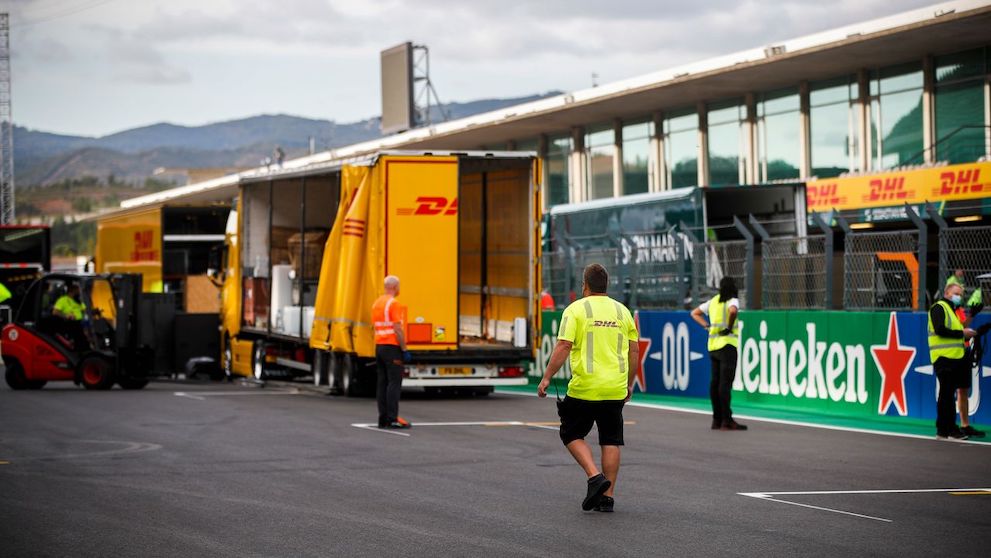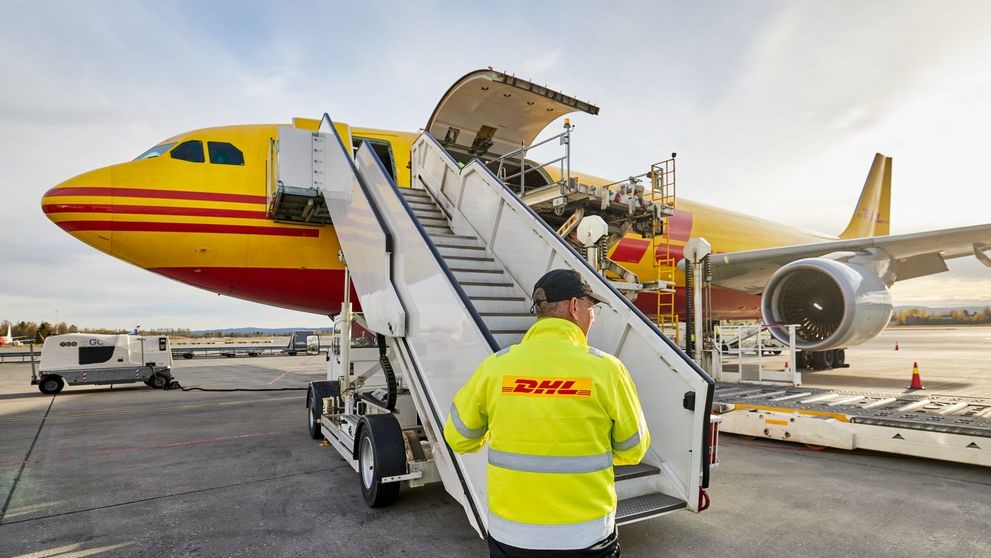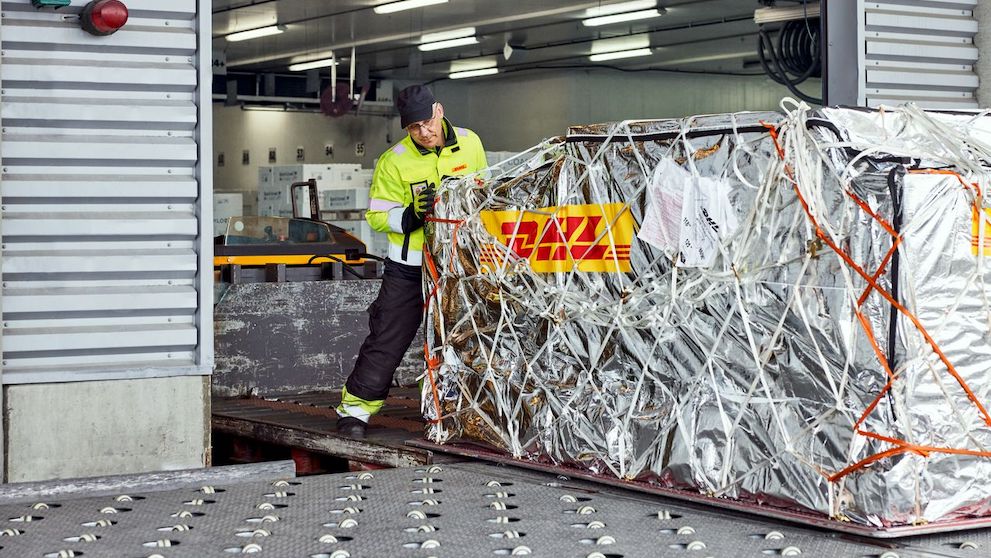Given the expensive and intricate nature of modern sports and gym equipment, it can sometimes be rather difficult to package and ship them overseas into countries like Australia. Fret not. Here’s how DHL Express can help you remove the hassle of shipping sporting goods and gym equipment so you can sit back and just enjoy the sport.
Affected by the natural and cultural environment since childhood, many Australians have a penchant for a variety of outdoor leisure activities, with the average family paying great attention to sports. Schools and communities in various regions of the country also organise local sports clubs, with different sporting events throughout the year. According to Statista, the total income of the sports and recreation industry amounts to approximately AU$19.5 billion in December 2022 – this shows that Australians are not hesitant to spend on health and leisure activities.
This is further complemented by sporting events that play a huge role in weaving together the fabric of Australian culture. Travellers flock from all over the world to enjoy the country’s incredible calendar of sporting events, from the casual and fun Uluru Camel Cup to the intense and highly prized Australian Open. Plus, while the most conventional team sport, cricket, is not native to the country, it certainly is as big in Australia as anywhere else in the world. The same can be said for rugby too.
Apart from their natural passion for sports, two-thirds of Australian adults are also overweight, as stated in a report by SBS – as such, there is an increase in health consciousness. This has led to the expansion of many fitness clubs, gyms, as well as sporting facilities. Australia’s consumer goods manufacturing industry has always been associated with high labour costs and domestic industrial development; most of its sports equipment, exercise gear, and sporting machines are imported abroad. Coupled with the expansion of sporting facilities, it is only natural for the value of the Australian sporting goods market to increase to AU$1.37 billion. A report released by the International Trade Administration has stated that the import of sporting goods is priced at US$1.1 billion – meeting close to 90% of the country’s domestic demands.
So, if you’re a merchant looking to expand your sporting gear business into Australia’s sporting industry or someone who is sprucing up your home gym with equipment or exercise machines, then here are some things to consider:
1. Wrapping and packing of fragile gym & sports equipment
Ensuring a shipment of gym equipment is well-packed can reduce the risks of damage, allowing your consignee to receive their products in pristine condition. As logistics experts, we’ll do our best to handle your shipments carefully. However, the responsibility of wrapping and packaging still lies with you, the shipper. These are some tips to keep in mind when shipping sports, and home gym equipment:
- Assess what you are shipping: For instance, if you are importing gym equipment like spin bikes or rowing machines, the handles and head-up displays are delicate parts that must be wrapped with particular care to avoid damage. On the other hand, irregularly shaped home gym equipment like dumbbells or tennis racquets can be packed together with foam pellets to eliminate excess space.
- Decide on suitable packaging materials: Once your sports equipment has been properly wrapped and packed securely, you’ll need to ensure it is properly sealed. Depending on the size, weight, and type of the packaging box, you need to ascertain how much and the type of sealing materials your package requires for a long-haul transit. In most cases, adhesive tape offers ample support if you’re shipping tennis racquets or rugby balls in boxes. On the other hand, staples or plastic strapping are usually necessary if you’re using large containers like wooden crates to store your sporting equipment.
2. Take note of the necessary documents for import
There is no requirement for importers – whether a company or an individual – to hold an import licence for shipping goods into Australia. However, depending on the nature of the goods, regardless of value, importers may need to obtain permits to clear certain imported goods from customs control. Additionally, importers are also required, amongst other things, to ensure that their goods are properly and correctly labelled. Imported goods that require a trade description must be marked with a label stating the name of the country in which they were made or produced and, wherever specified, a true description of the goods.
Shippers are also required to submit a customs or commercial invoice for the sporting goods that are being shipped into the country. Commercial invoice refers to the customs document that you’ll use most often when shipping internationally and is one of the primary forms countries use for importation control, valuation, and duty determination. As such, when filling out your customs invoice, you’ll need to include a description and value of the goods as well as the shipper’s information. This invoice may be used by the customs authorities to assess applicable duties and taxes on the sporting equipment imported into the country.
3. Australia’s taxes and import duties
Generally, all goods imported into Australia, including sports gear and home gym equipment, are liable for duties and taxes* unless an exemption or concession applies. There are exclusions and restrictions to take note of with respect to the concessions as well.
The value of taxable importation of sporting goods is the sum of:
- The customs value (CV) of the imported goods
- Any sum of duty payable
- The amount paid or payable to transport the goods to Australia
- The insurance sum of the goods for the transport
However, if the sports equipment are entered for warehousing, they are not liable for goods and services tax (GST) until the time they are cleared from the warehouse for “home consumption”. This simply means that the sporting goods have entered the commerce of Australia. As such, importers of these sports equipment are required to defer the GST on imports.
4. Australia’s biosecurity risk
To help protect Australia’s unique environment from unwanted pests and diseases, the Department of Agriculture, Fisheries, and Forestry also has control over the regulation of products imported into Australia to mitigate the biosecurity risk. For example, if you are importing hockey sticks and cricket sets, you need to ensure that they are clean. For instance, bicycles or scooters should not have traces of soil in their tyres. Sporting goods or home gym equipment that have been in contact with fresh water must be dry upon arrival.
Hence, importers must comply with the regulations and obtain an import permit. If you’re unsure, you can always use the Biosecurity Import Conditions system (BICON) to determine if your sporting goods:
- Are permitted,
- Are subjected to import conditions
- Require supporting documentation
- Require treatment,
- Need an import permit.
















































